North Korean Hackers Using GenAI to Get Remote Jobs Around the Globe
In a sophisticated operation that blends social engineering with cutting-edge technology, North Korean operatives have been leveraging generative artificial intelligence tools to secure remote technical positions in companies worldwide. These individuals create compelling digital personas, complete with fabricated credentials and experiences, to bypass traditional hiring processes and secure legitimate employment opportunities predominantly in software engineering […] The post North Korean Hackers Using GenAI to Get Remote Jobs Around the Globe appeared first on Cyber Security News.

In a sophisticated operation that blends social engineering with cutting-edge technology, North Korean operatives have been leveraging generative artificial intelligence tools to secure remote technical positions in companies worldwide.
These individuals create compelling digital personas, complete with fabricated credentials and experiences, to bypass traditional hiring processes and secure legitimate employment opportunities predominantly in software engineering and IT roles.
The scheme, which has been operating at scale across multiple countries, serves a critical financial purpose for the Democratic People’s Republic of Korea (DPRK).
By placing their nationals in remote positions at unsuspecting companies, the North Korean regime is effectively circumventing international sanctions and generating significant revenue streams.
The operation has proven remarkably successful, with some facilitators managing placements for hundreds of individuals simultaneously.
Okta Security researchers identified that these operations rely heavily on a sophisticated ecosystem of “facilitators” based in Western countries who provide the necessary infrastructure, including managing company-issued devices on behalf of the remote workers.
According to their investigation, one Arizona-based “laptop farm” operation exposed in May 2024 allegedly placed over 300 individuals in technical positions across the United States.
The investigation revealed that GenAI serves as the cornerstone of this deception, powering nearly every aspect of the fraudulent employment cycle.
Operatives employ real-time “deepfake” video technology during job interviews, creating convincing impersonations that can fool even experienced hiring managers.
At the heart of these operations lies a comprehensive suite of AI-enhanced tools that work in concert to sustain the deception.
The facilitators utilize unified messaging services that provide a “single pane of glass” to manage multiple personas across various communication channels simultaneously.
These services incorporate AI-powered translation, transcription, and summarization capabilities to maintain coherent and timely communications across different time zones.
Perhaps most concerning is the use of AI-based recruitment platforms and resume screening tools that effectively turn employers’ own vetting systems against them.
These tools help optimize applications to successfully navigate applicant tracking systems (ATS), iteratively improving results until applications progress to human review.
Mock interview services with AI agents provide critiques and improvement tips for interviewees, coaching them on everything from lighting and video filters to conversation techniques.
DPRK IT Worker Operation Infrastructure demonstrates how facilitators utilize remote management tools to operate legitimate company devices from centralized locations, often referred to as “laptop farms”.
Malware Trends Report Based on 15000 SOC Teams Incidents, Q1 2025 out!-> Get Your Free Copy
The post North Korean Hackers Using GenAI to Get Remote Jobs Around the Globe appeared first on Cyber Security News.







































































































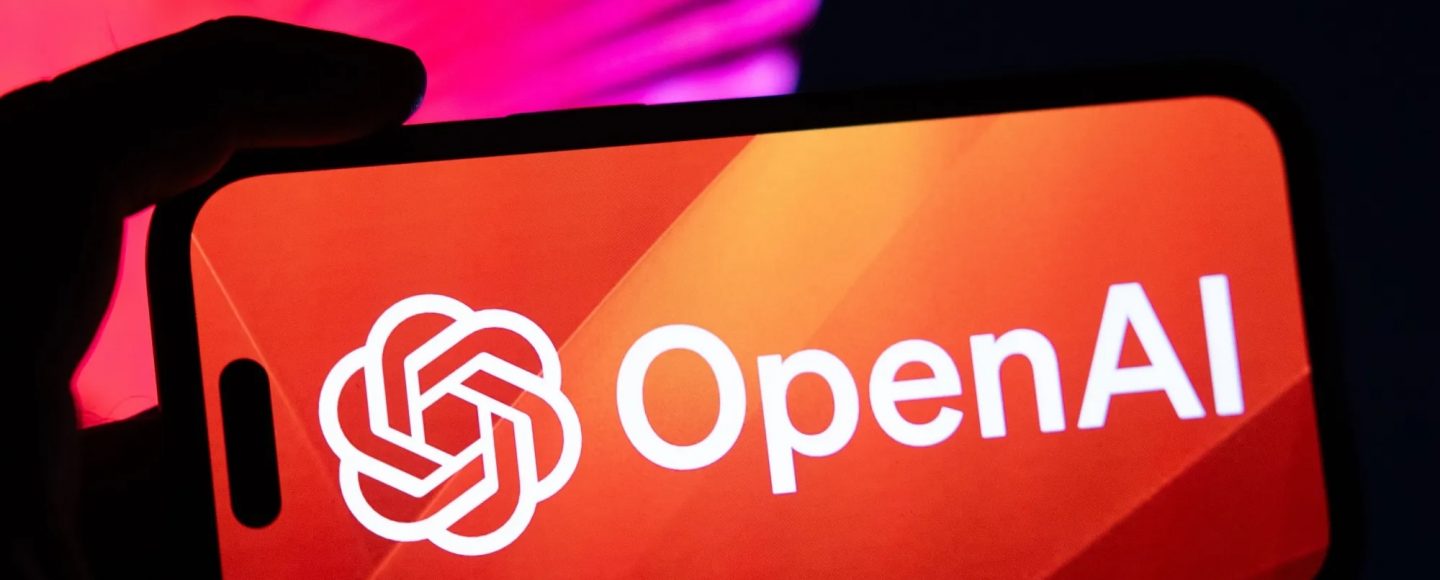






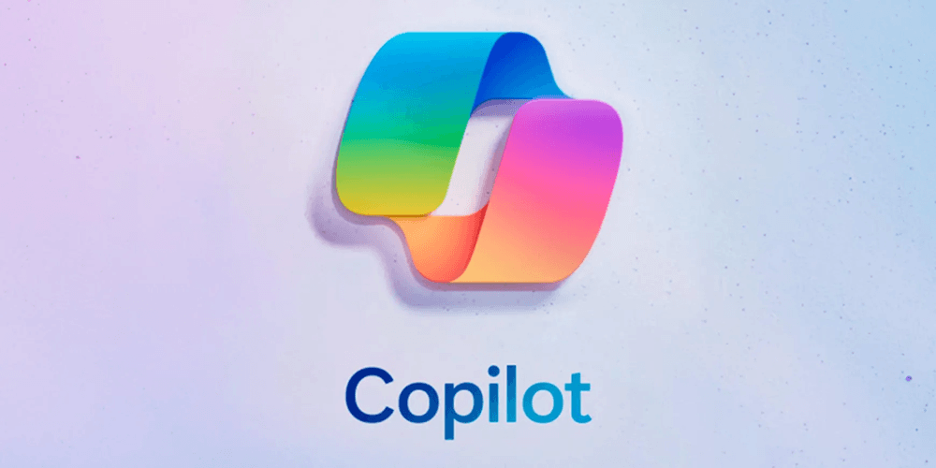












































![[The AI Show Episode 143]: ChatGPT Revenue Surge, New AGI Timelines, Amazon’s AI Agent, Claude for Education, Model Context Protocol & LLMs Pass the Turing Test](https://www.marketingaiinstitute.com/hubfs/ep%20143%20cover.png)



























































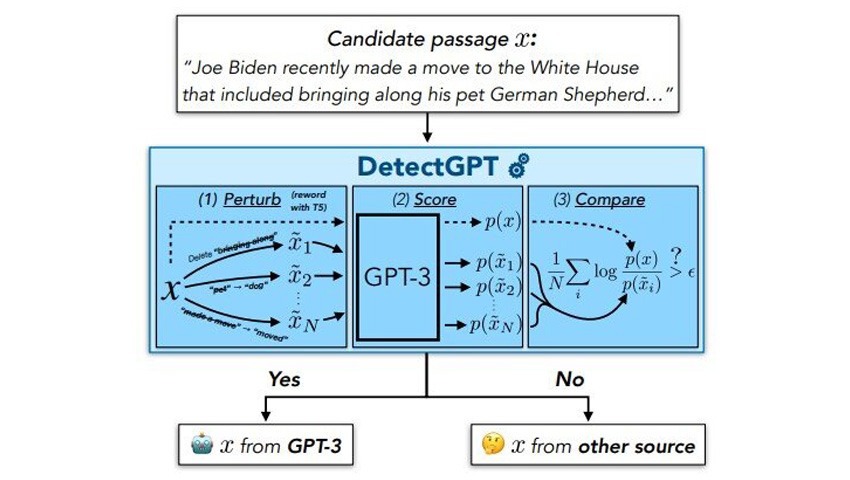





















































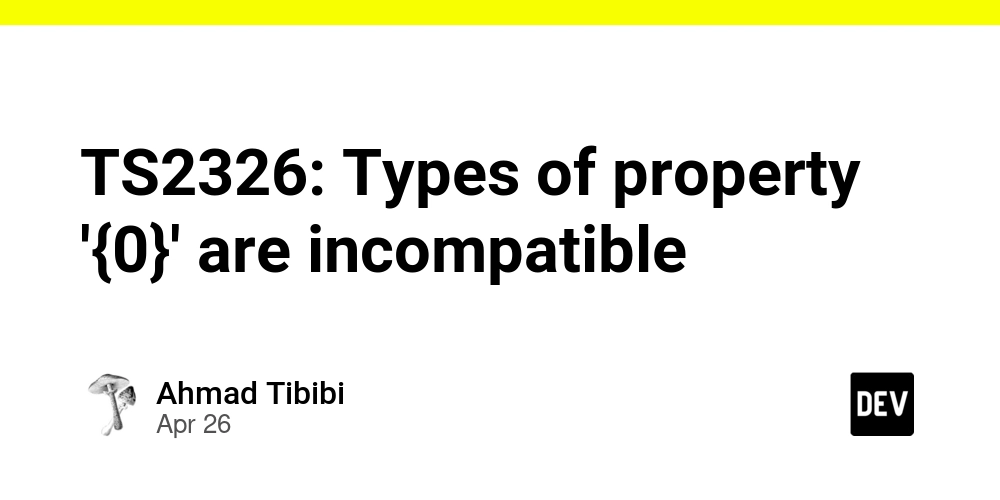
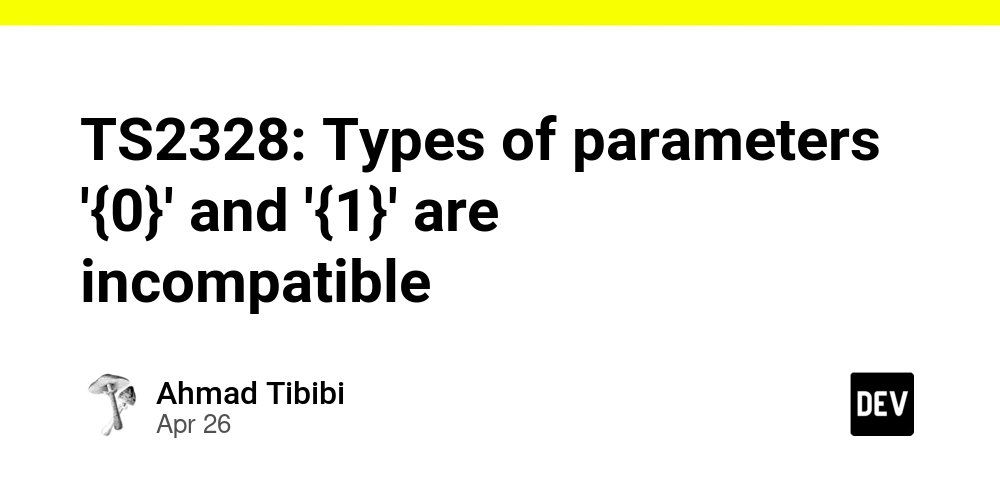
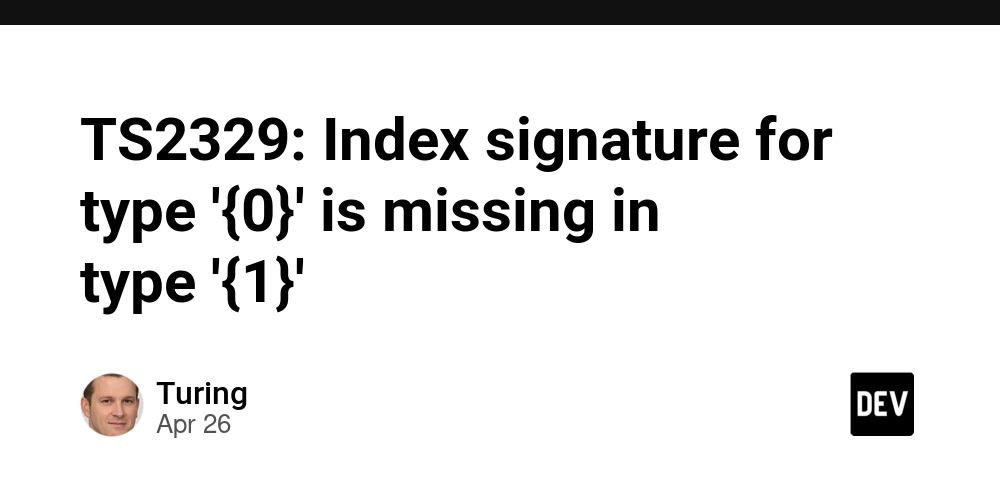











![[FREE EBOOKS] AI and Business Rule Engines for Excel Power Users, Machine Learning Hero & Four More Best Selling Titles](https://www.javacodegeeks.com/wp-content/uploads/2012/12/jcg-logo.jpg)







































































































































































































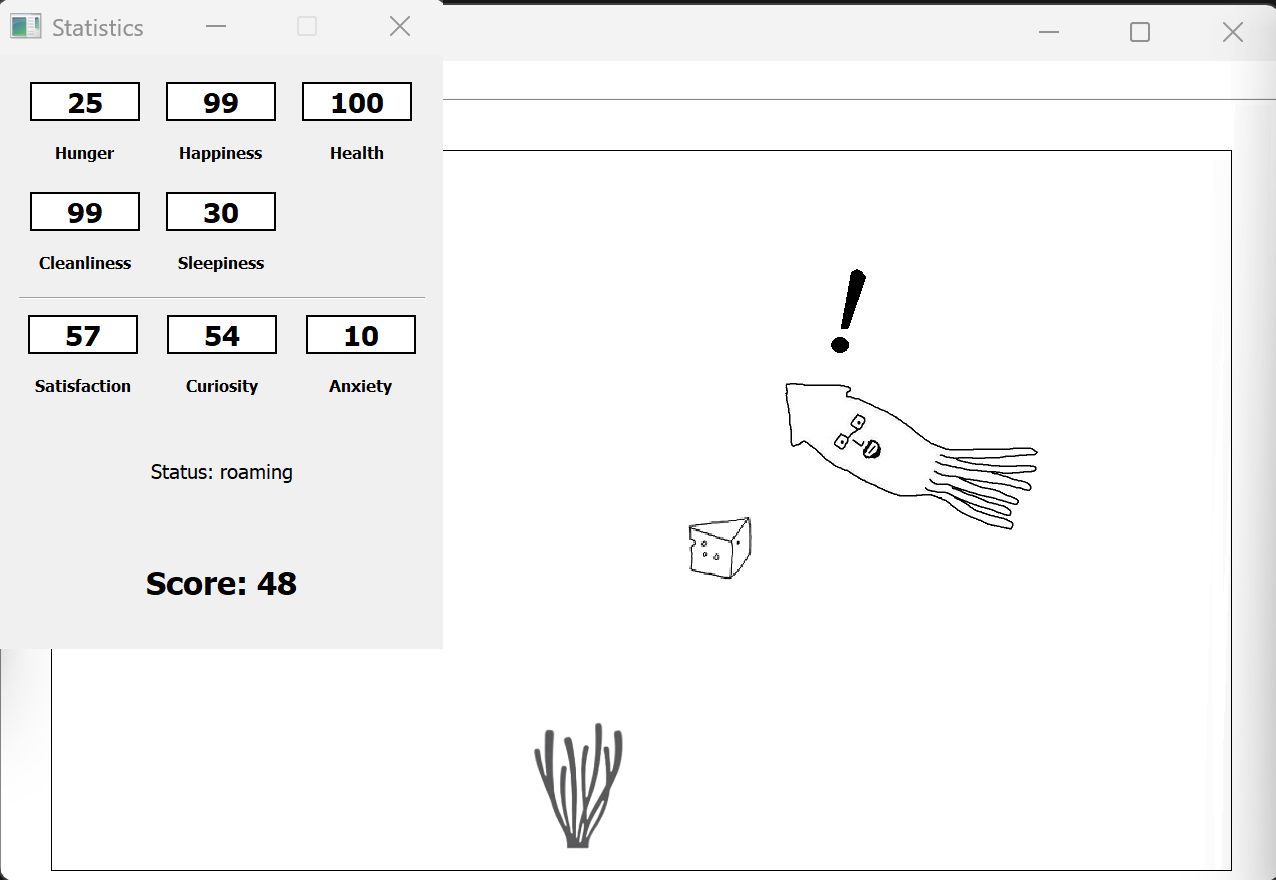





























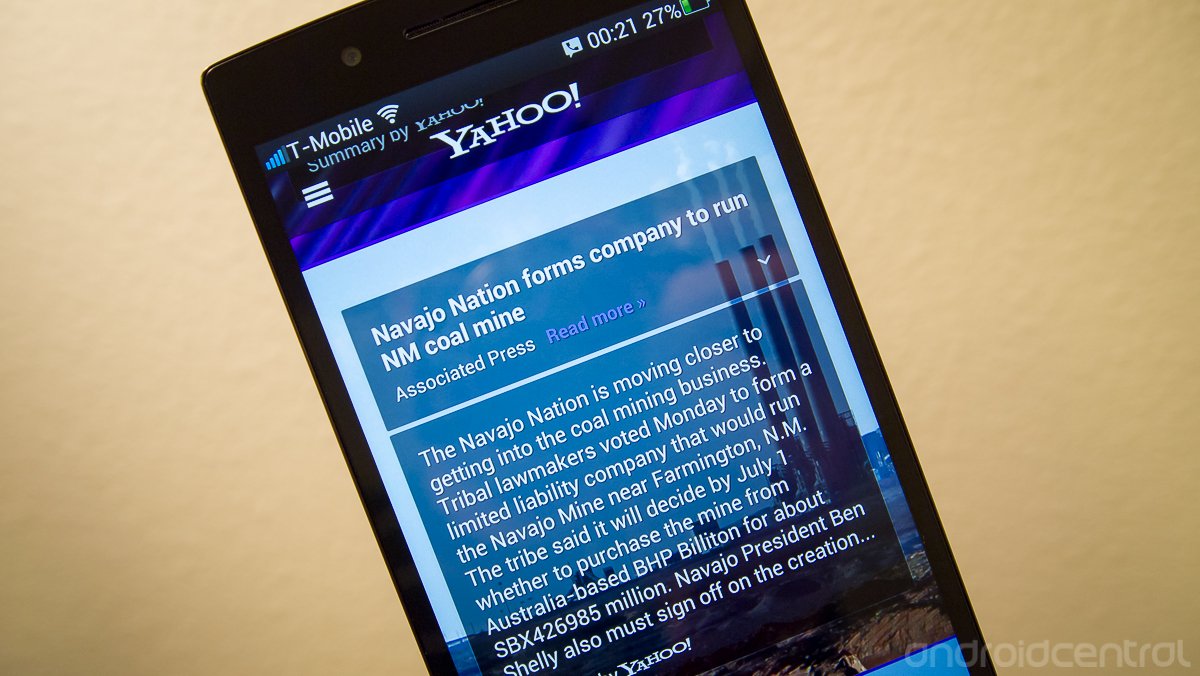






![Hostinger Horizons lets you effortlessly turn ideas into web apps without coding [10% off]](https://i0.wp.com/9to5mac.com/wp-content/uploads/sites/6/2025/04/IMG_1551.png?resize=1200%2C628&quality=82&strip=all&ssl=1)



![This new Google TV streaming dongle looks just like a Chromecast [Gallery]](https://i0.wp.com/9to5google.com/wp-content/uploads/sites/4/2025/04/thomson-cast-150-google-tv-1.jpg?resize=1200%2C628&quality=82&strip=all&ssl=1)












![Apple Drops New Immersive Adventure Episode for Vision Pro: 'Hill Climb' [Video]](https://www.iclarified.com/images/news/97133/97133/97133-640.jpg)

![Most iPhones Sold in the U.S. Will Be Made in India by 2026 [Report]](https://www.iclarified.com/images/news/97130/97130/97130-640.jpg)
![Apple to Shift Robotics Unit From AI Division to Hardware Engineering [Report]](https://www.iclarified.com/images/news/97128/97128/97128-640.jpg)
















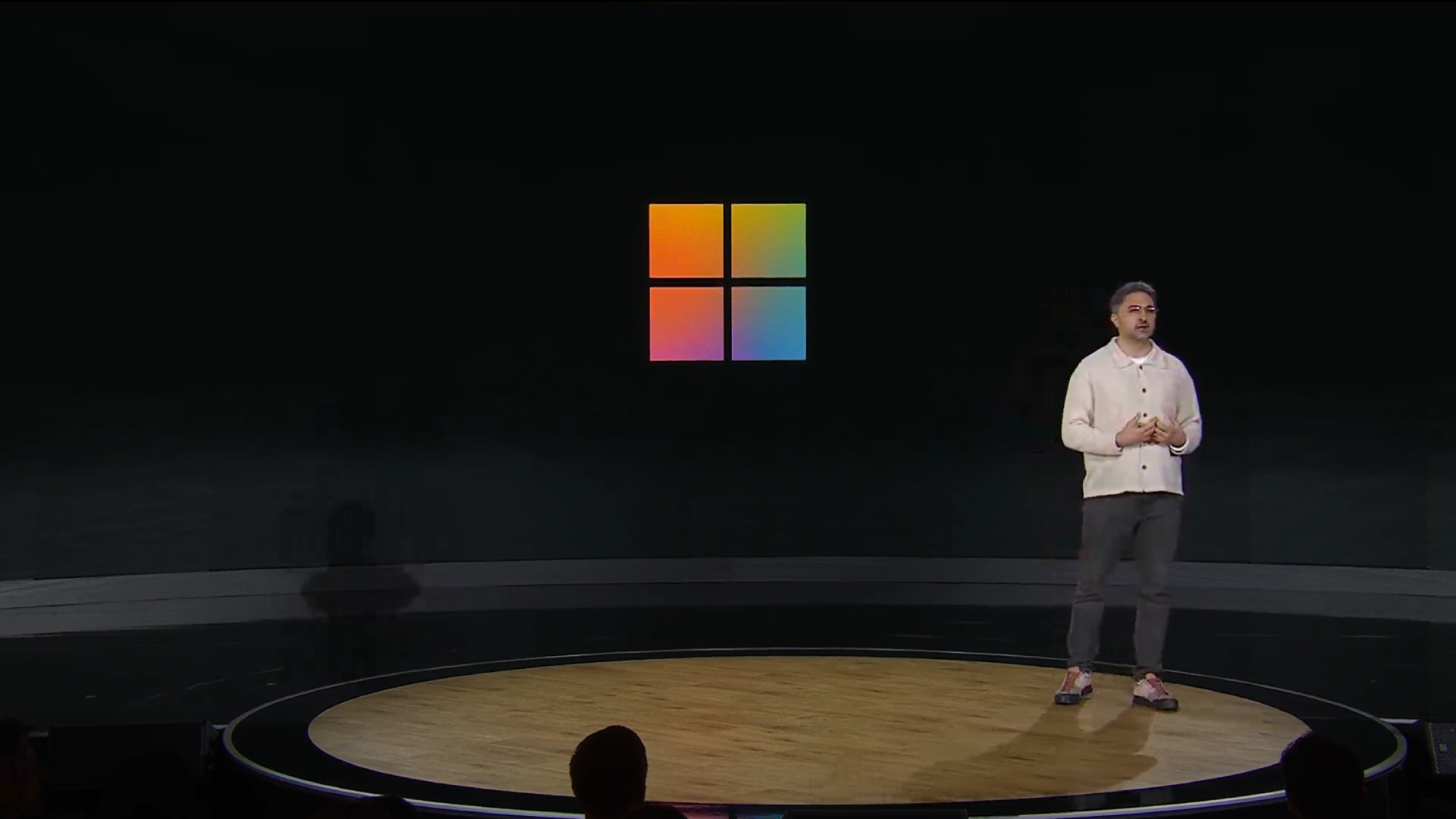







































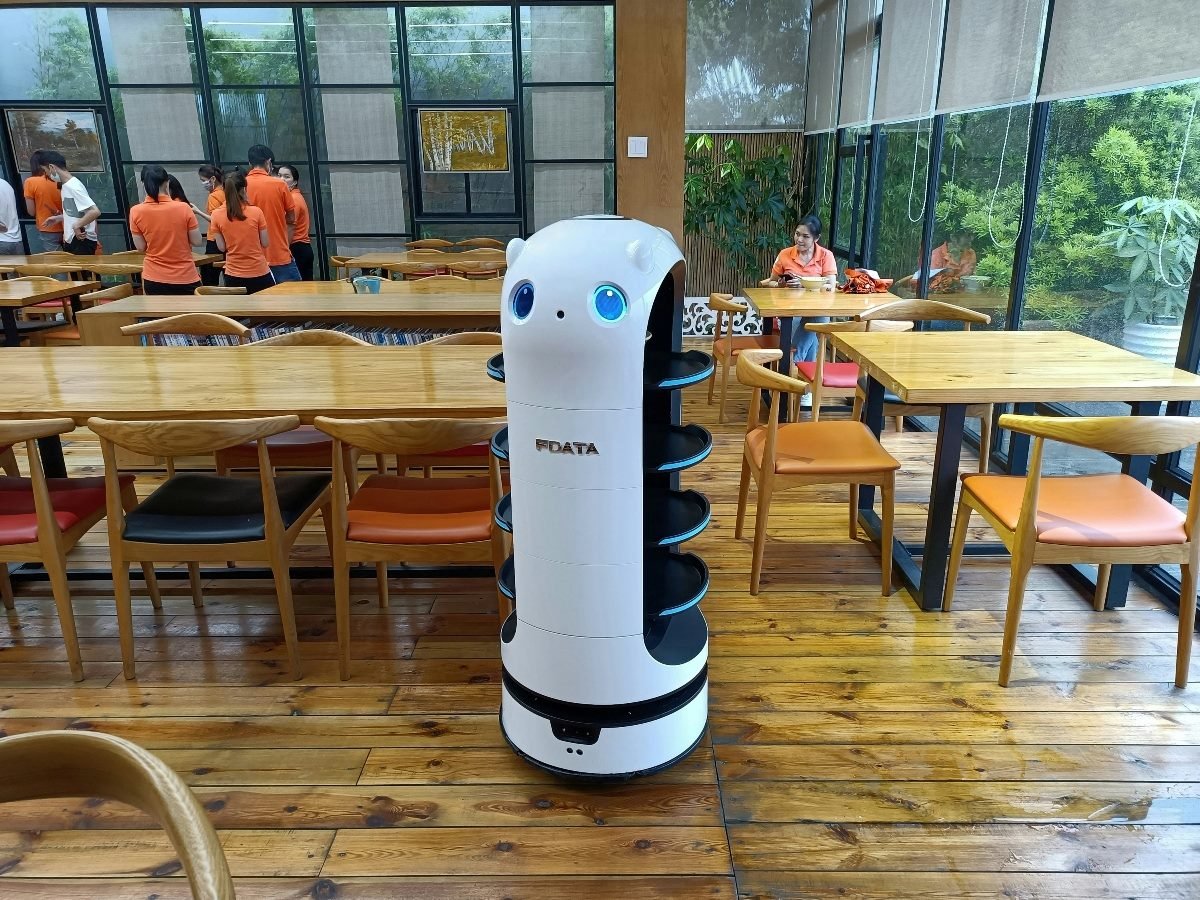






































































.webp?#)

